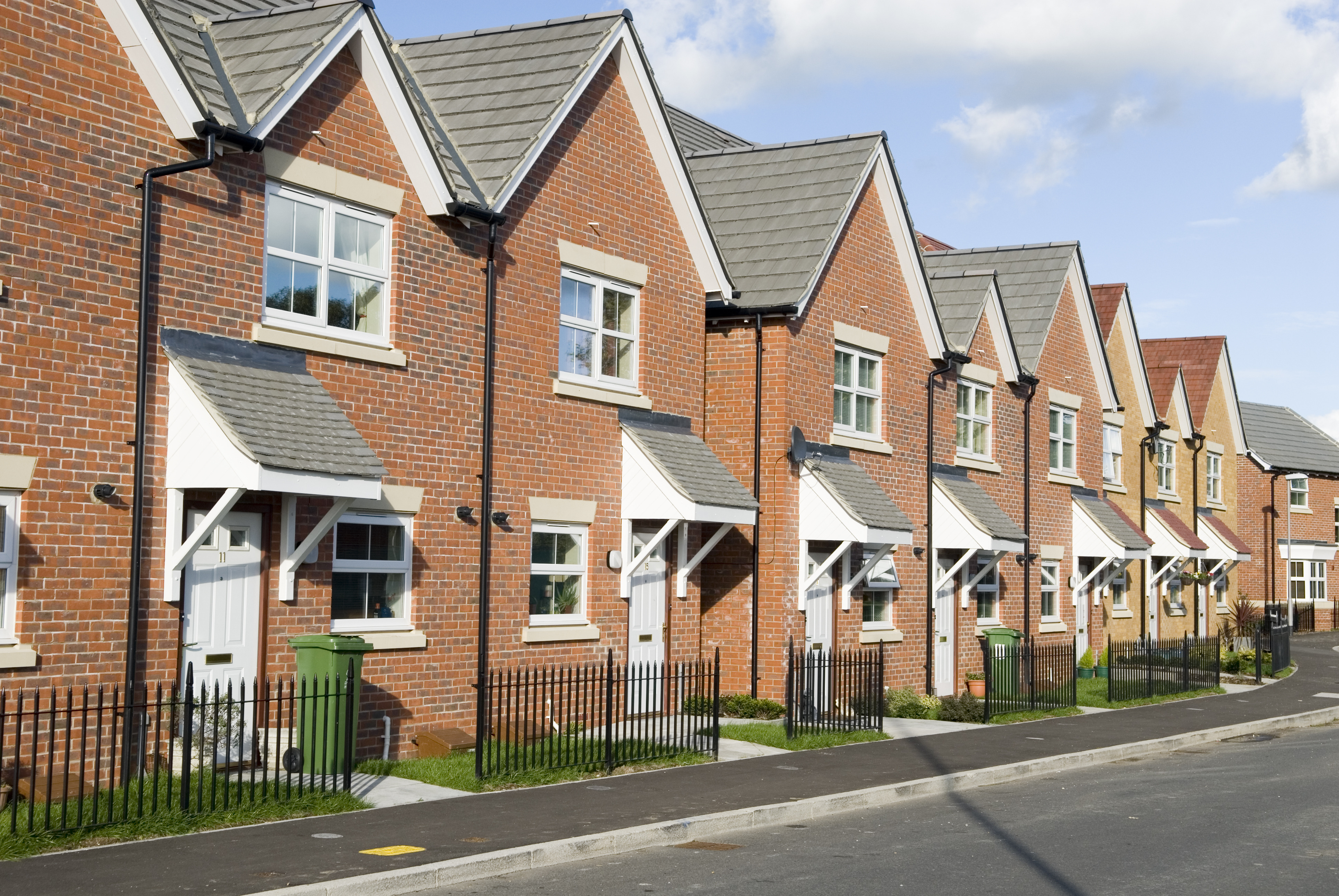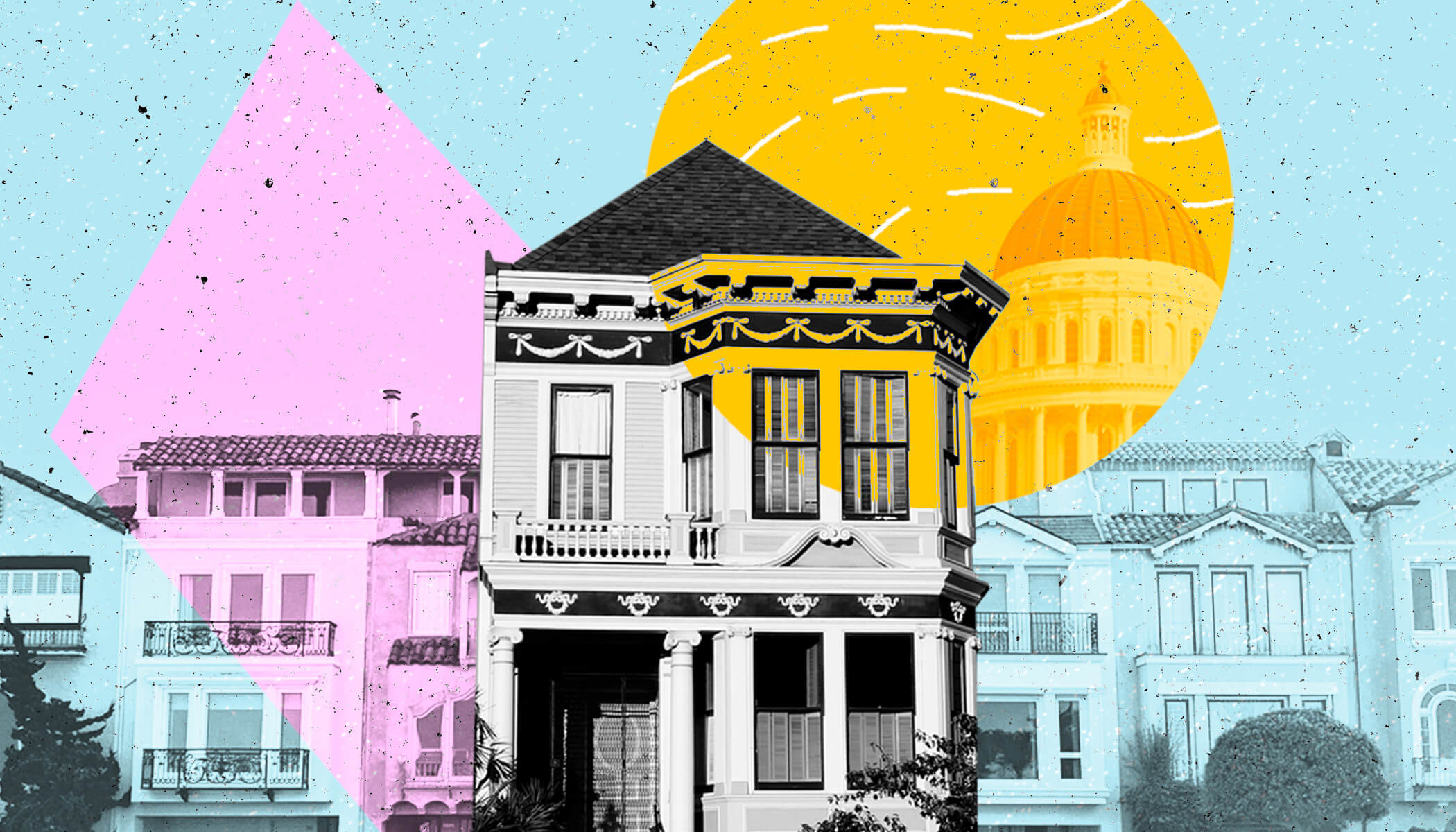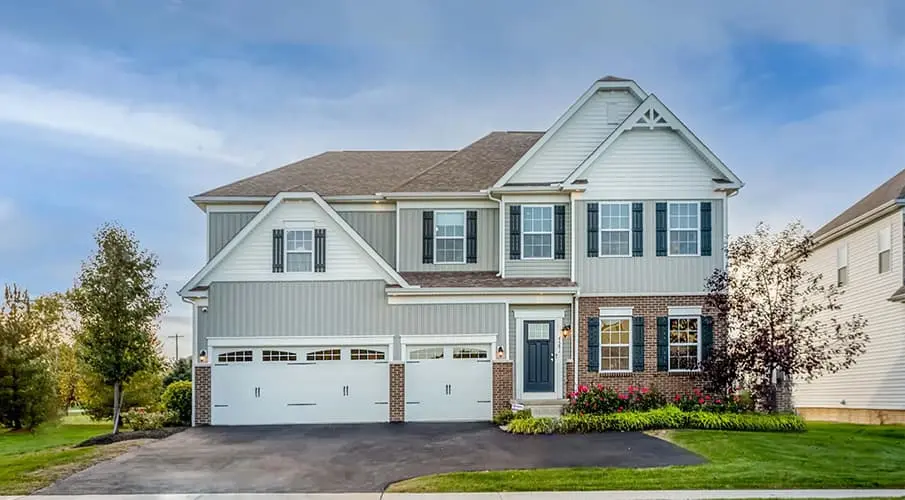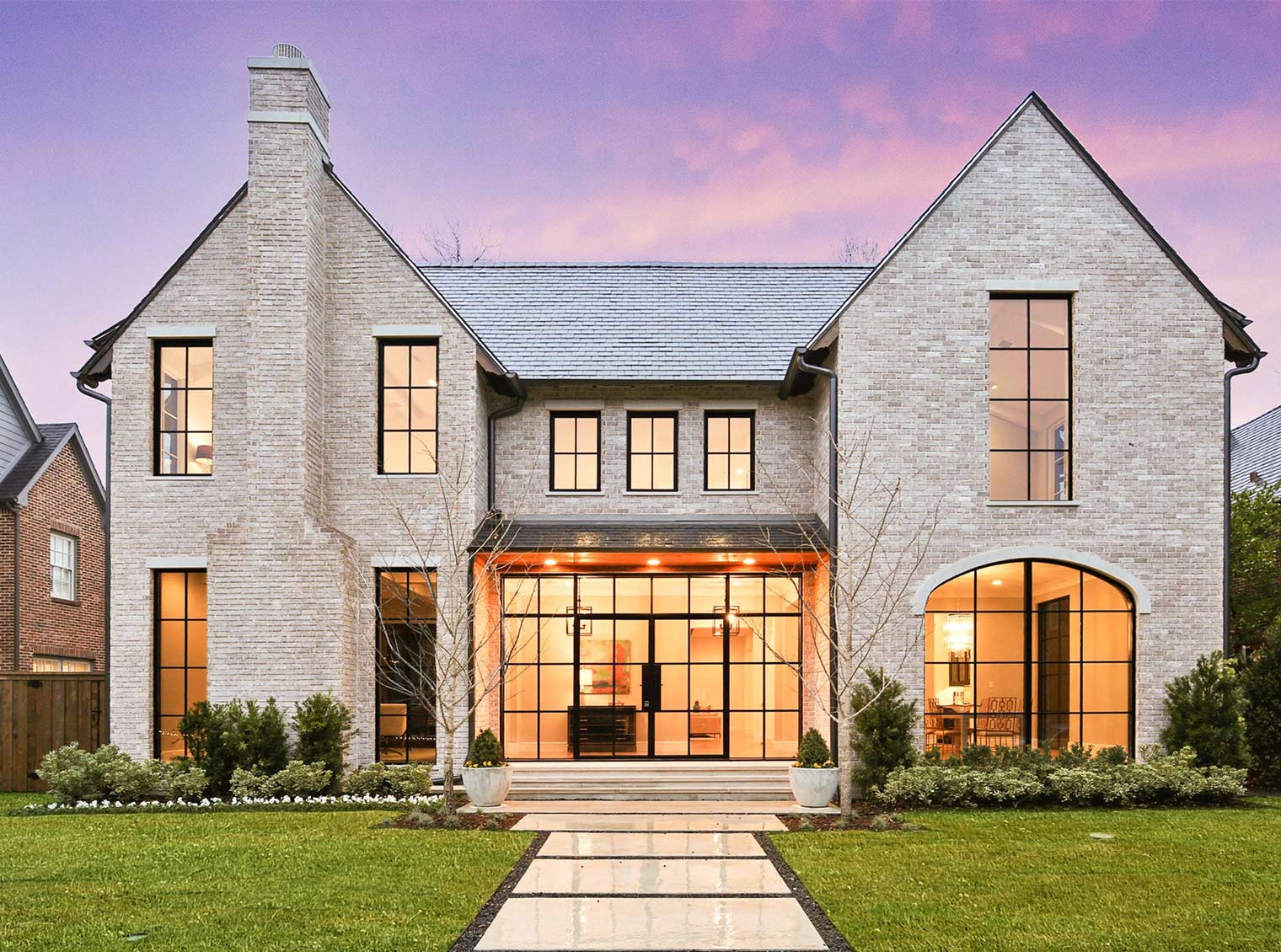Some advertisements and offers on this page are from marketers who pay us. That may affect which items we discuss, however it does not impact what we compose about them. Here's an explanation of how we make money and our Advertiser Disclosure.

Is now a great time to get a VA loan?
Wherever you turn, stories abound with how hard the current housing market is - specifically for novice property buyers. Mortgage rates remain greater than those of the rock-bottom pandemic-era, and affordability continues to challenge even the most well-prepared buyers. For those who certify, however, a VA loan might provide an uncommon brilliant area - one that has special advantages and flexibility in an otherwise tough environment.

What makes VA loans stick out today
A VA loan isn't just another mortgage option; it's a monetary advantage earned through military service. Unlike conventional loans, VA loans come with no down payment and skip the personal mortgage insurance coverage (PMI). That combination alone can save eligible purchasers tens of thousands in up-front expenses and over the life of their mortgage.
Even in higher rate of interest environments like 2025, VA loans generally have lower interest rates than conventional mortgages. Since they're backed by the Department of Veterans Affairs, VA loan lending institutions can offer rates of interest that run 0.25% to 0.50% lower than conventional mortgage rates.
"As professionals, we see direct how the VA loan is among the most powerful financial tools on the marketplace," said Christopher Davis, assistant vice president of property lending at Navy Federal Cooperative credit union, among the largest VA loan lenders, in an email interview.
Another benefit of VA loans is versatility. Borrowers can finance up to 100% of the home's purchase price and even reuse their VA loan privilege in the future - making these loans a benefit that can last a lifetime. A 0% deposit can put homeownership within reach for numerous borrowers, particularly with today's high home costs.
However, VA loans do have a funding cost for many purchasers. That cost runs between 1.25% to 3.3%, depending upon how many times you've used your VA loan advantage and your down payment amount. Buyers can likewise roll their funding cost into their loan, making these loans a real zero-down-payment option. But even with the funding cost, the math still helps buyers come out ahead of standard loans at the closing table in today's market.
VA loan perks in action
Consider this example: On a $300,000 home, a traditional loan with a 5% down payment requires $15,000 in advance. You'll likewise have PMI of approximately $150 contributed to your monthly costs.
With a 30-year fixed-rate traditional mortgage at a 6.58% rate of interest, you're looking at a regular monthly payment of $1,966. (This consists of payments towards your principal, interest, and PMI, however does not aspect in residential or commercial property taxes or insurance coverage.) Over the life of your loan, you'll pay a total of $653,909 - with $368,909 of that in interest and $18,600 in PMI.
With a VA loan on the exact same purchase quantity, a newbie VA purchaser is taking a look at no deposit and a 2.15% funding fee of $6,450. If you purchase with absolutely no down and a 6.18% rate (the average VA loan rate at the time of composing) and roll your funding cost into your loan, you're looking at a regular monthly payment of $1,873 (without residential or commercial property tax and insurance coverage). Over the life of your loan, you'll pay an overall of $674,257, with $367,087 of that in interest.
Let's take a look at another scenario: paying the VA financing cost at closing instead of rolling it into your loan. Here, you'll pay $6,450 up front, that makes your monthly payment $1,834. That brings your overall loan expenses down to $660,066 (over $14,000 in cost savings than if you rolled the financing fee into your mortgage balance).
The sum-up? The greater your down payment, the less you'll need to pay back gradually. So, if you take out a VA loan with 0% down, you'll ultimately pay more on your mortgage in the long run. However, with the lower rates of interest and no PMI, your regular monthly payments need to be lower - specifically if you pay the VA funding fee at closing rather than rolling it into your mortgage principal.
Find out more: VA loan vs. conventional loan - Which should you pick?
Why VA loans are a bargain in today's mortgage rate landscape
As of August 2025, information from the Federal Reserve Bank of St. Louis puts the average 30-year fixed-rate VA loan at 6.18%. While that's significantly greater than the sub-3% mortgage rates we saw a few years back, VA loans still tend to come out ahead rate-wise in today's market.
Conventional 30-year mortgage rates are likewise elevated compared to pandemic times, frequently running greater than VA loans by a quarter to half a portion point. That might not sound like much, however it accumulates on a bigger purchase rate.
Using the examples above, average VA loan rates are currently 0.40% lower than typical rates on a conventional 30-year set mortgage - a tremendous savings over the life of your loan. VA borrowers also enjoy more flexible credit guidelines. While lots of VA lending institutions prefer a minimum FICO rating of 620, Yahoo Finance found VA lenders with minimum credit rating qualifications as low as 580 or 550. This is terrific news for anyone building or reconstructing their credit.
The bottom line? A VA loan in today's market offers buyers - particularly those wanting to purchase their first home - lower rates of interest, almost incomparable cost savings at the closing table, and a few of the most flexible credit guidelines in the market.
Mortgage rate forecasts for the next 5 years
2025 housing market: Is it a great time to buy a house?
Expert insights on VA loans today
For Davis, the question of whether it's the "correct time" to get a VA loan has more to do with monetary readiness than market timing.
"For those eligible for a VA loan and economically all set to buy a home, a VA loan is always an alternative that needs to be offered high consideration," stated Davis, emphasizing their lower rates of interest and down payment requirements compared to standard loans. But for those thinking about utilizing their VA loan advantages, Davis had additional thoughts to assist get the most out of their home purchase and mortgage experience.
First, Davis cautioned purchasers to be on the lookout for possible false information. He noted that some real estate specialists and loan providers may not be familiar with VA loans and could unintentionally guide buyers away from this loan option. If a real estate agent or lender attempts to discourage you from securing a VA loan, Davis encouraged being wary: "They may do not have the understanding or competence to appropriately service military households."
Instead, he recommended dealing with specialists who understand VA funding inside and out, from agents to loan providers. You may prefer to work with mortgage lenders that concentrate on VA loans, such as Navy Federal Credit Union or Veterans United.

To discover agents well-versed with VA loans in your location, request for recommendations from military coworkers. You can also do a web look for genuine estate agents, which might expose veterans who are now representatives catering to military households utilizing their VA loan benefits.

Additional tactical benefits in today's mortgage market
If there's one concern that's all abuzz in today's mortgage market, it's "When will mortgage rates decrease?" For those taking a look at VA loans, it is essential to keep in mind that your VA loan perks don't end when the keys remain in hand.
One of the standout features of VA financing is the Rate of interest Reduction Refinance Loan (IRRRL), also referred to as the VA improve re-finance. This program allows borrowers to re-finance their mortgage to decrease their interest rate and monthly payment with reduced documentation and lower fees when rate of interest fall. For example, the VA funding charge on IRRRL loans is just 0.5% - a 1.65% savings over the exact same fee on a VA loan for a first-time benefits customer.
"Knowing the possibility of lower rates of interest in the future, lots of are choosing to purchase now in the existing 'buyer's market' and lower their rate of interest through refinancing in the future," said Davis.
Another perk: VA loans are assumable. If you decide to sell your house, a buyer who gets approved for VA financing can take control of your existing VA loan, including its rates of interest. In a market where rates remain raised, that function could make your home specifically attracting buyers down the line. It's an unusual advantage that traditional debtors usually don't have.
Is it a great time to get a VA loan? FAQs
Are VA mortgage rates expected to go down?
VA mortgage rates move with the wider mortgage market, which is heavily influenced by inflation and Federal Reserve policy. While rates in 2025 remain greater than the record lows of just a couple of years ago, many financial experts expect steady decreases if inflation cools and the Fed moves towards rate cuts. For eligible borrowers, VA loan rates tend to remain lower than standard rates, making them a competitive alternative even in a higher-rate environment.
What is the VA financing charge for 2025?
The VA funding fee for 2025 varieties from 0.5% to 3.3% of the loan quantity, depending upon aspects like whether it's your very first usage of the advantage, whether you're buying or re-financing, and the size of your deposit. For example, first-time VA borrowers without any down payment usually pay 2.15%. Those who have used a VA loan before pay 3.3% with no down payment. Importantly, veterans with service-related disabilities might be exempt from this charge, making their advantage even more budget-friendly.
Do veterans get 0% down payment on a home?
Yes. One of the most effective functions of the VA loan is its no-down-payment requirement. Qualified veterans, active-duty service members, and some enduring spouses can fund approximately 100% of a home's purchase cost without having to save for a deposit. This is a significant benefit compared to traditional loans, which frequently need 3% to 20% down. It is very important to note, however, that VA loans have funding fees varying from 0.5% to 3.3% of the loan quantity. The financing cost can be rolled into the loan to keep the down payment requirement at no. Some debtors likewise choose to pay the funding fee in advance.
Laura Grace Tarpley edited this article.
Read More
What is a VA loan, and what are the requirements to qualify?
A VA loan is a great choice for military households who wish to buy a home, and you don't require a down payment. Learn how a VA loan works and whether you're eligible.

What is a VA construction loan, and how does it work?
Active military members and veterans can fund the construction of their homes with VA construction loans. Discover if you qualify for a VA building and construction loan.
American Pacific Mortgage evaluation 2025
American Pacific Mortgage charges relatively high rate of interest and charges, but it has an impressive choice of mortgage types. Learn if AP Mortgage is ideal for you.

What is a mortgage note, and why do you need one?
A mortgage note is a legal document discussing your mortgage's information, and you'll sign it on closing day. Learn why mortgage notes are very important for debtors.
How a 40-year mortgage loan works
A 40-year mortgage has low monthly payments, however you'll pay more interest and build up home equity slowly. Learn whether a 40-year mortgage loan is a good fit.

Up Next
FHA vs. VA loan: What are the distinctions?







